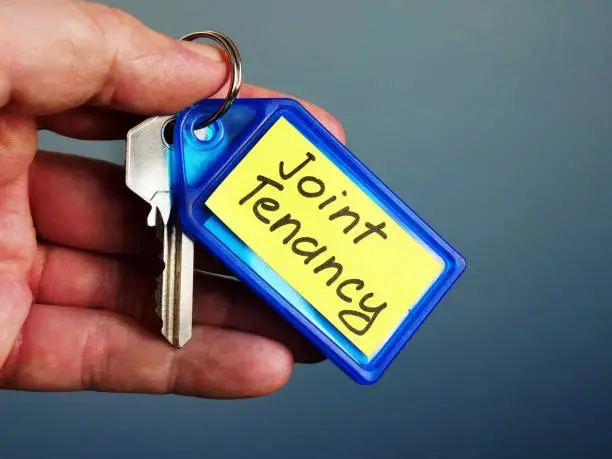Understanding the Probate Process in Texas
The probate process in Texas involves several critical steps that ensure the proper distribution of a deceased person's assets. This legal procedure begins with the filing of the will, if one exists, and continues through various stages, including validating the will, inventorying the estate, and settling debts and taxes before distributing assets to heirs.
In Texas, probate can take several months to years, depending on the complexity of the estate and any disputes that arise. Executors must navigate court hearings, adhere to legal timelines, and maintain communication with beneficiaries, making it essential to understand the intricacies of the process to avoid delays and potential conflicts.
Common Challenges Faced During the Probate Process
Probate can present numerous challenges, including disputes among heirs, difficulties in locating assets, and the management of debts owed by the deceased. These issues can complicate the probate process and lead to extended timelines, emotional stress, and financial implications for the involved parties.
For instance, if heirs disagree on the distribution of assets or if a will is contested, it may require mediation or litigation to resolve the matter. Executors must be prepared to handle these conflicts and seek legal counsel when necessary to ensure compliance with Texas probate laws.
Tax Implications of Probate in Texas
Understanding the tax implications of probate is crucial for executors and beneficiaries alike. In Texas, while there is no state inheritance tax, federal estate taxes may apply depending on the value of the estate. Executors must be aware of potential tax liabilities and ensure that all taxes are paid before distributing assets to heirs.
Additionally, beneficiaries may face tax consequences when they inherit property, particularly if the property has appreciated in value. Executors should work closely with tax professionals to navigate these complexities and provide accurate information to beneficiaries to avoid unexpected tax burdens.
Alternative Dispute Resolution in Probate Cases
Alternative dispute resolution (ADR) methods, such as mediation and arbitration, can be effective in resolving conflicts that arise during the probate process. These approaches allow parties to reach a resolution without the need for lengthy court battles, which can be costly and time-consuming.
Mediation, in particular, encourages open communication and negotiation between disputing parties, often leading to mutually agreeable solutions. Executors and beneficiaries may find ADR to be a more efficient way to address disagreements and keep the probate process moving forward smoothly.










